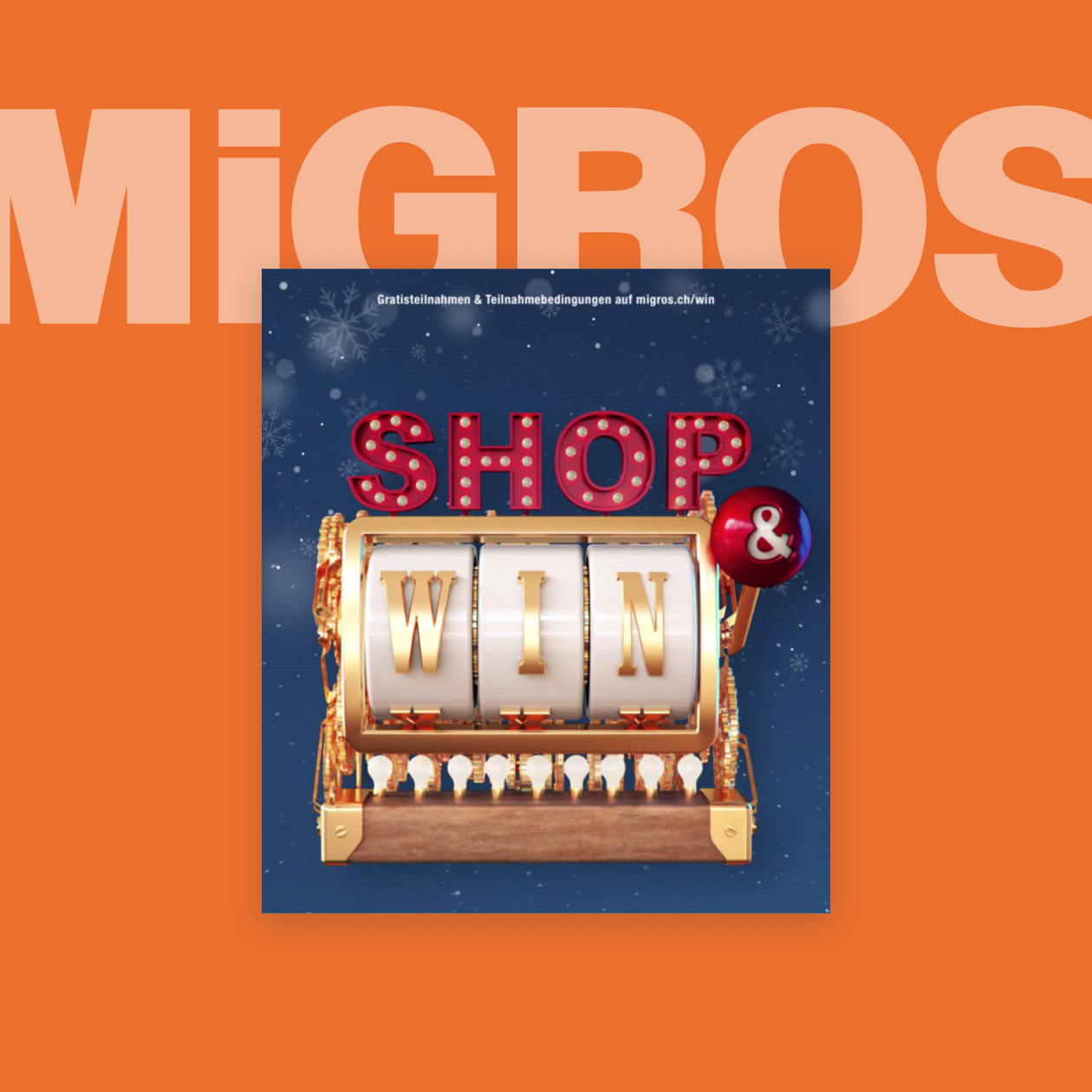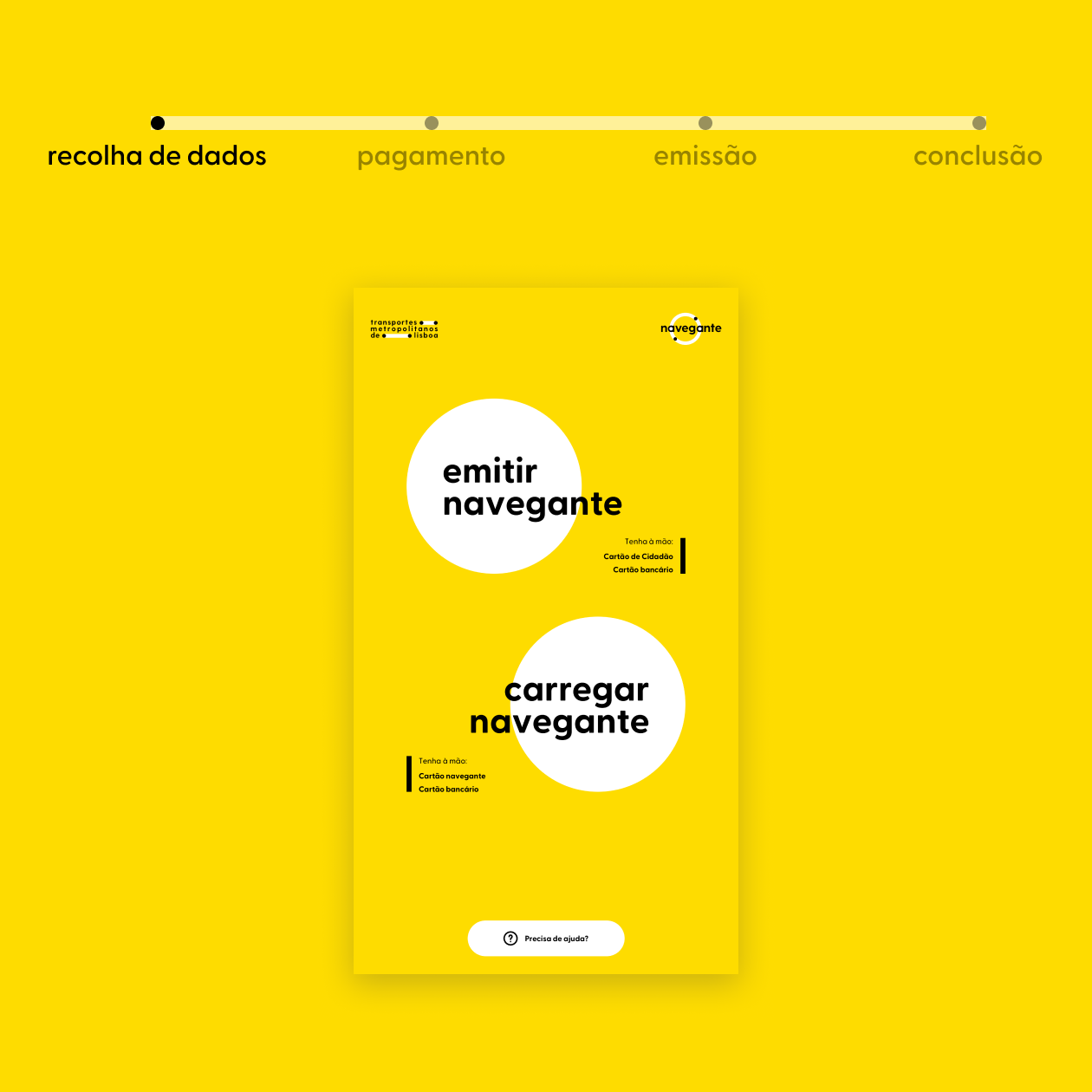TML’s Navegante transit card printing kiosks
Providing a self-service, instantly printed personalized transit card for commuters in the Lisbon metropolitan area
- Solution architecture
- Backend platform and frontend application development
- Setup tool
CLIENT
TML / OTLIS
INNOVAGENCY ROLES
UX/UI Design, Development
CHANNELS
Kiosk
TECHNOLOGIES & TOOLS
Overview
TML is responsible for managing public transportation in the Lisbon metropolitan area.
The challenge was to develop a kiosk that would allow any citizen to instantly print a Navegante transit card and use it immediately, to replace the traditional process of filling out paperwork in a local office and waiting a few days to get a card.
The use case had to manage numerous constraints and goals, including how to develop a fast process to generate a locally printed and personalized card. Using the citizen ID card as a means of obtaining valid and secure access to personal information was part of the process.
The kiosk had card readers, a payment terminal, a card printer, and a stub printer. The customer can control it using the touchscreen through a linear process that starts by reading the citizen’s ID card data, validating it, and the citizen paying. The whole process can be completed in less than five minutes.
The system has two main circuits; one to get a new card and one to purchase a pass or a ticket for the card.
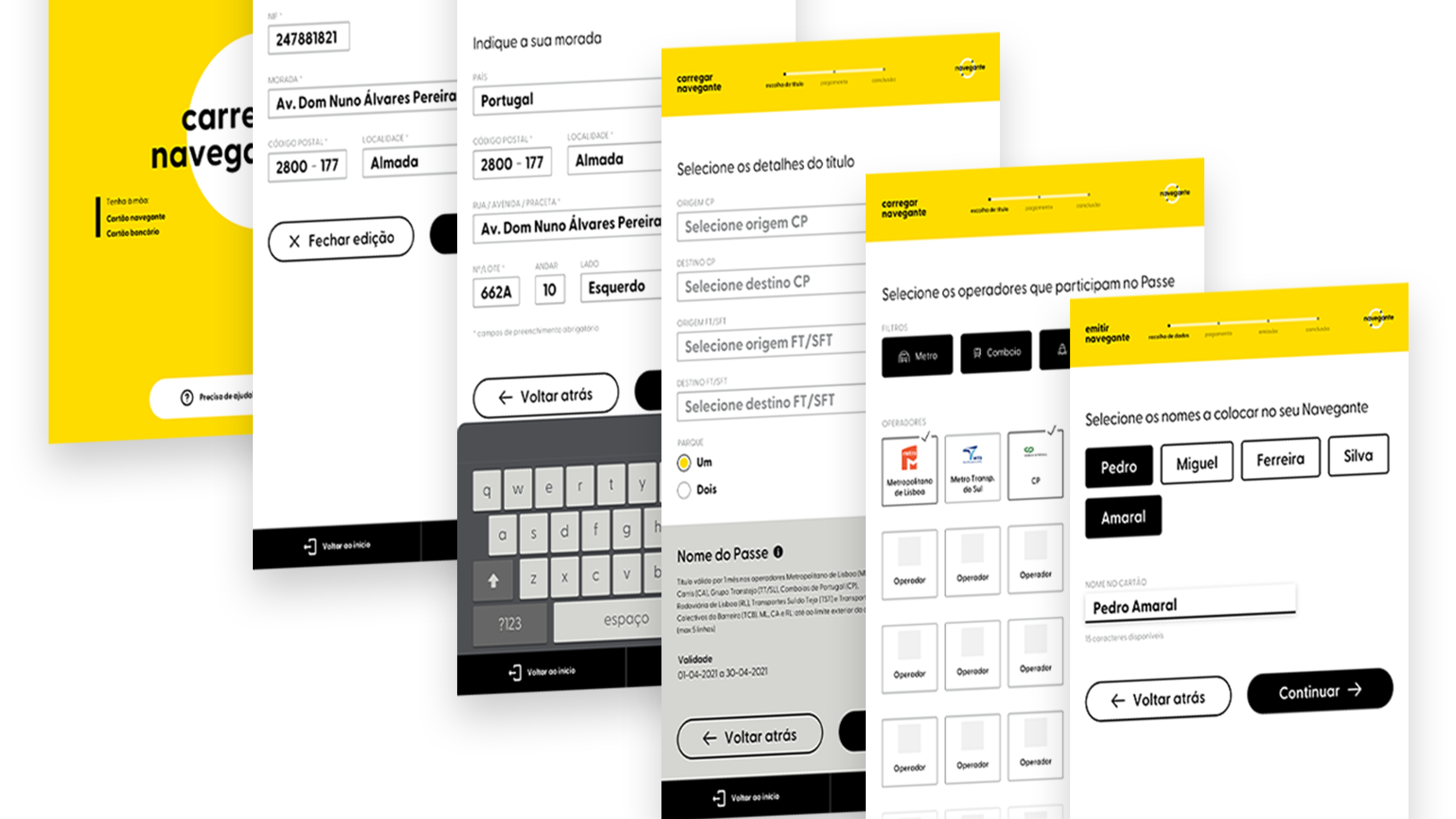
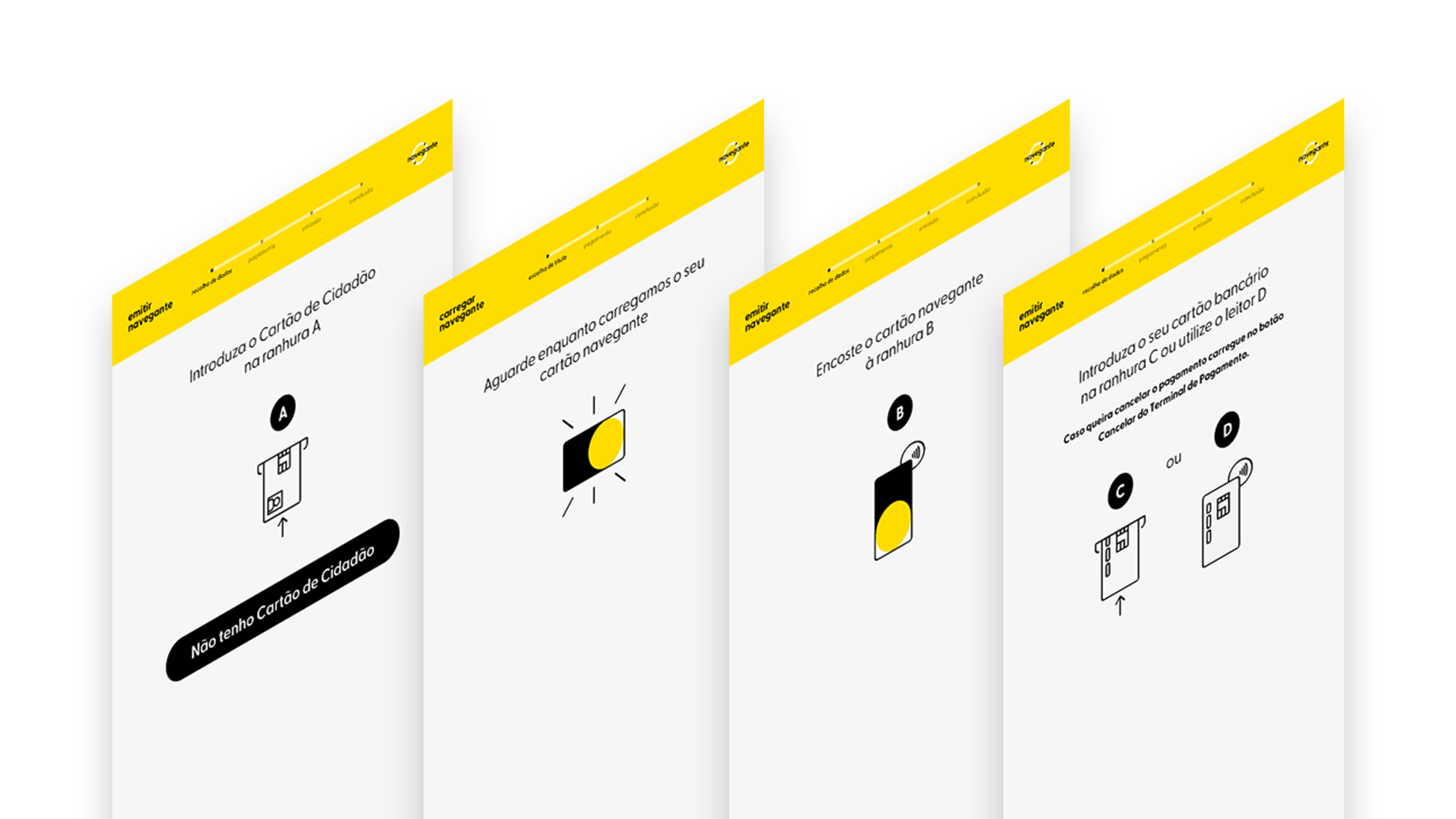
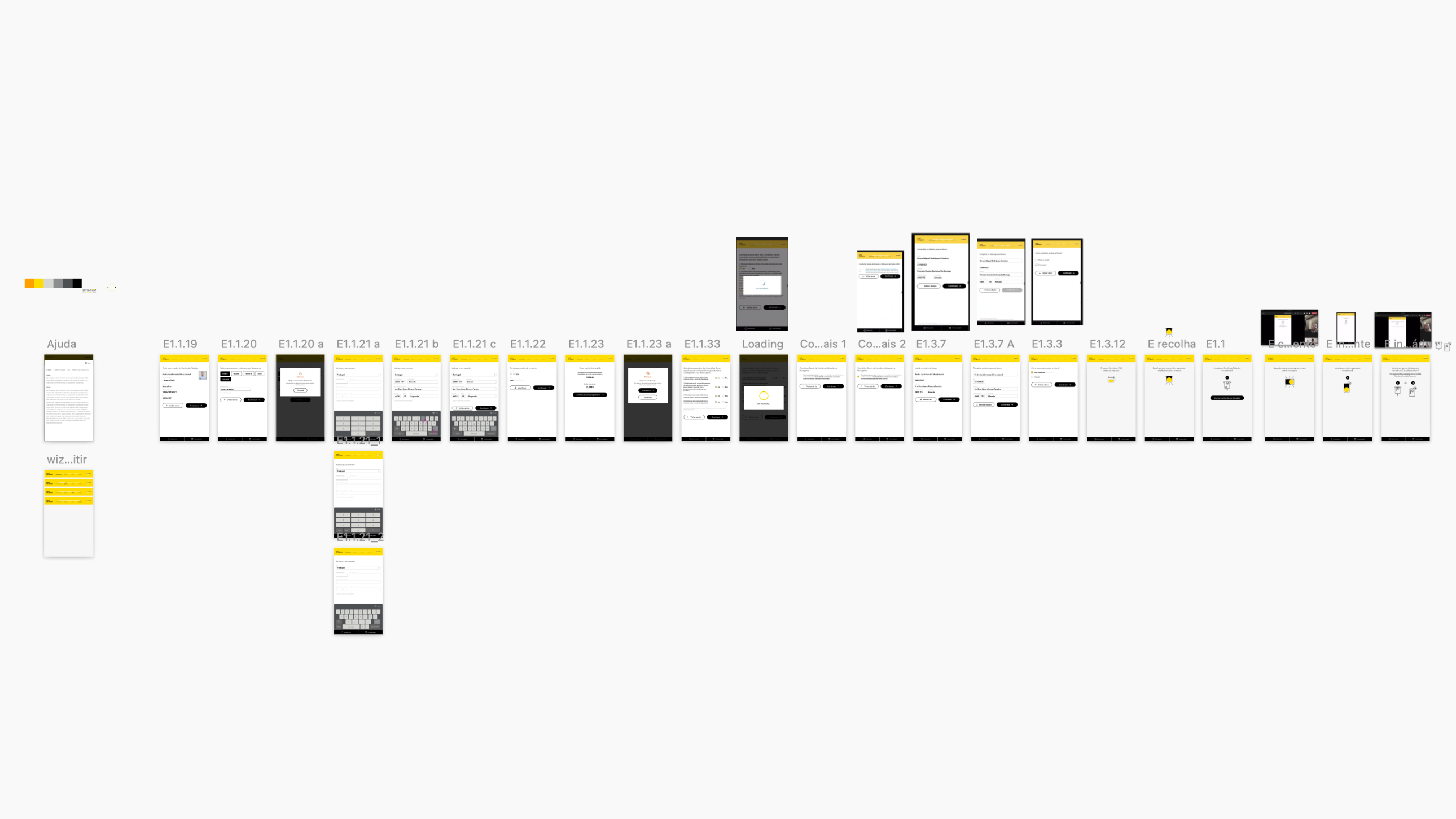
A two-tier client architecture
The system had to integrate with not only several local systems and equipment configurations but also with external services that validated and provided information essential to the process. This required a sophisticated mechanism to monitor and control the kiosk availability.
The system was implemented through a two-tier client architecture, a kernel component that would act as an operating system, and the application that would run on top, all connected to a centrally managed back office.
This back office not only managed the application and the updates but also monitored the health of each kiosk and provided alerts and issue management data to the support team.
TML could, remotely, not only monitor each kiosk but also change its behavior, for example, defining when kiosks go “to sleep” or when they should “wake up” for operation.
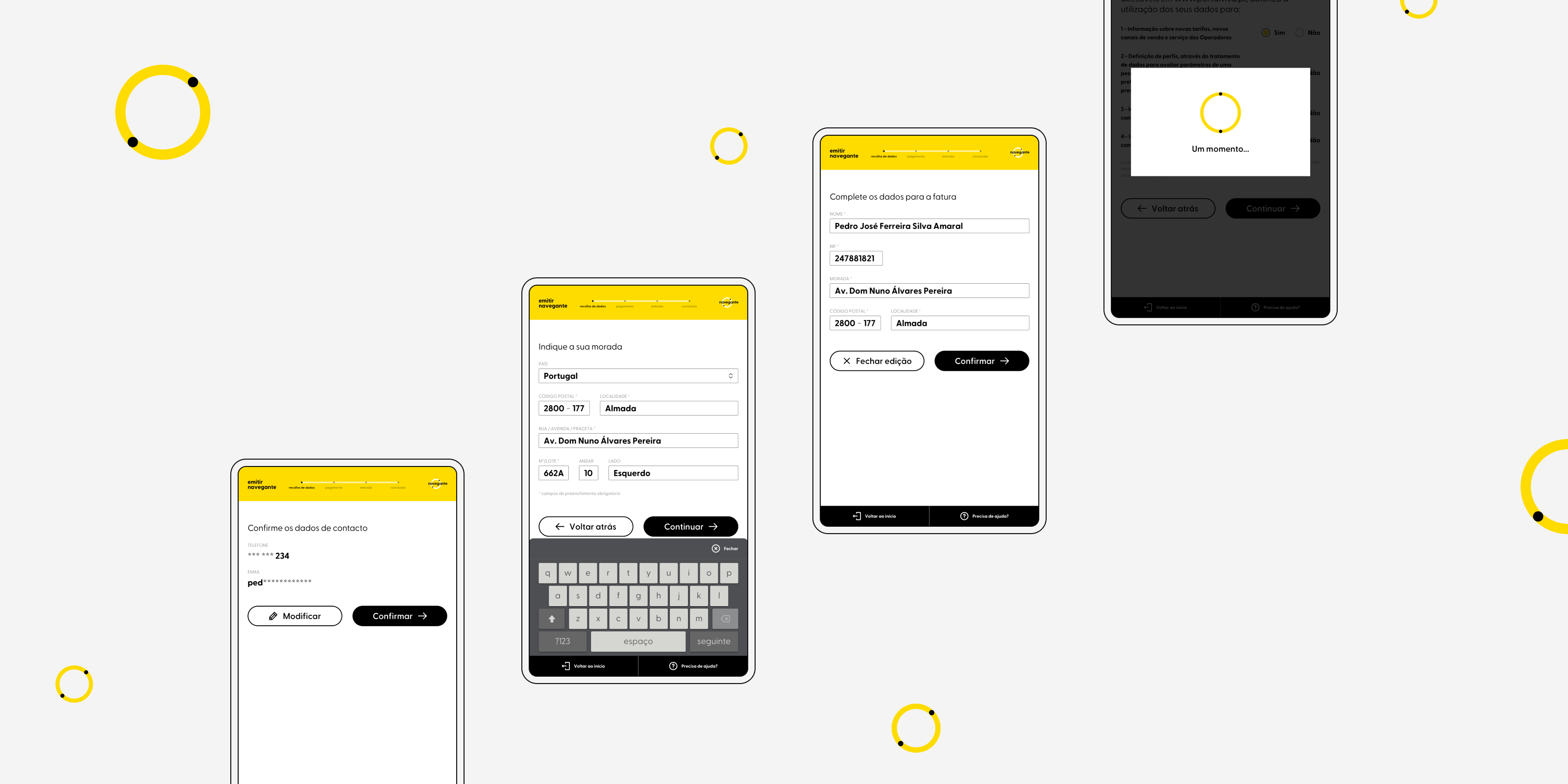
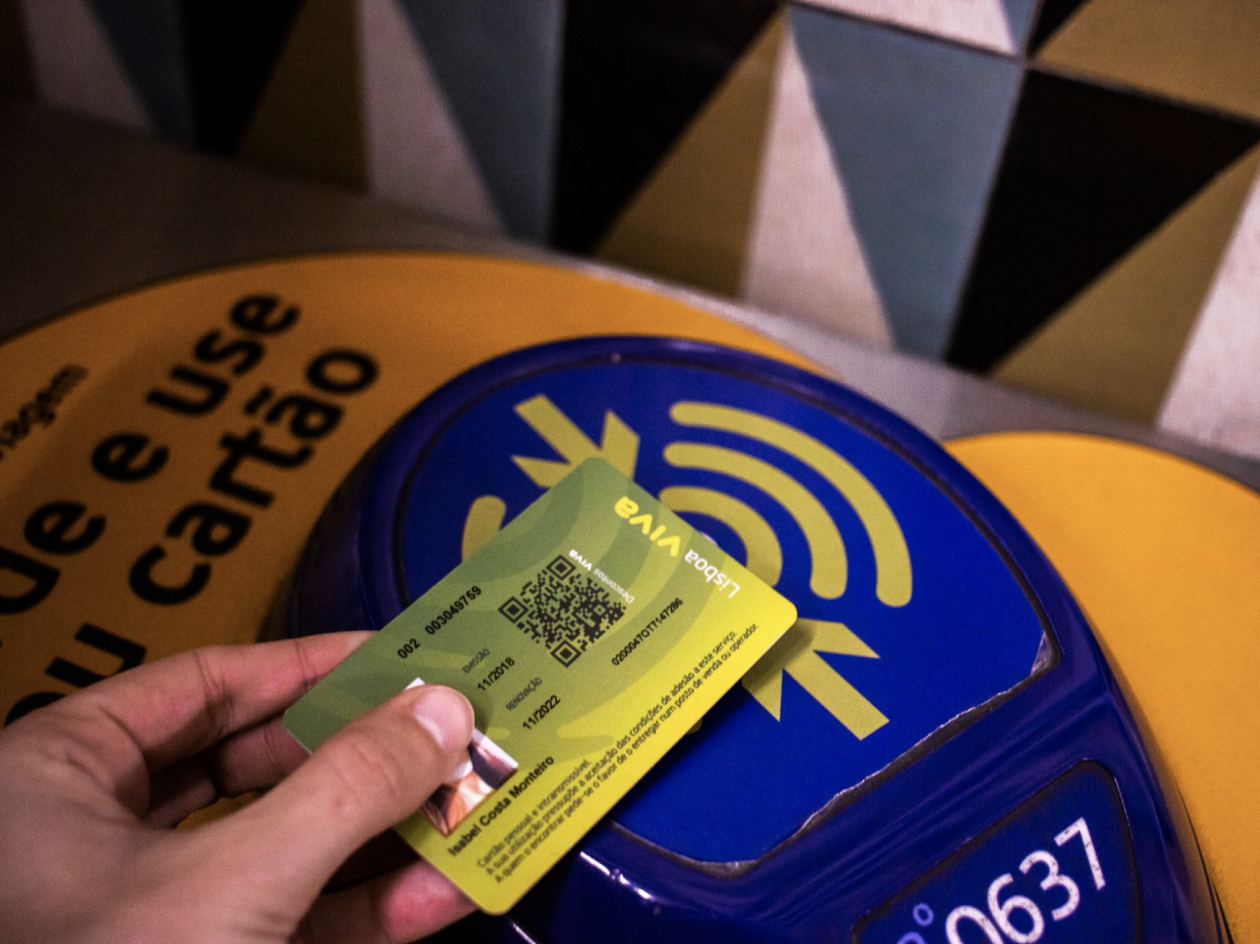
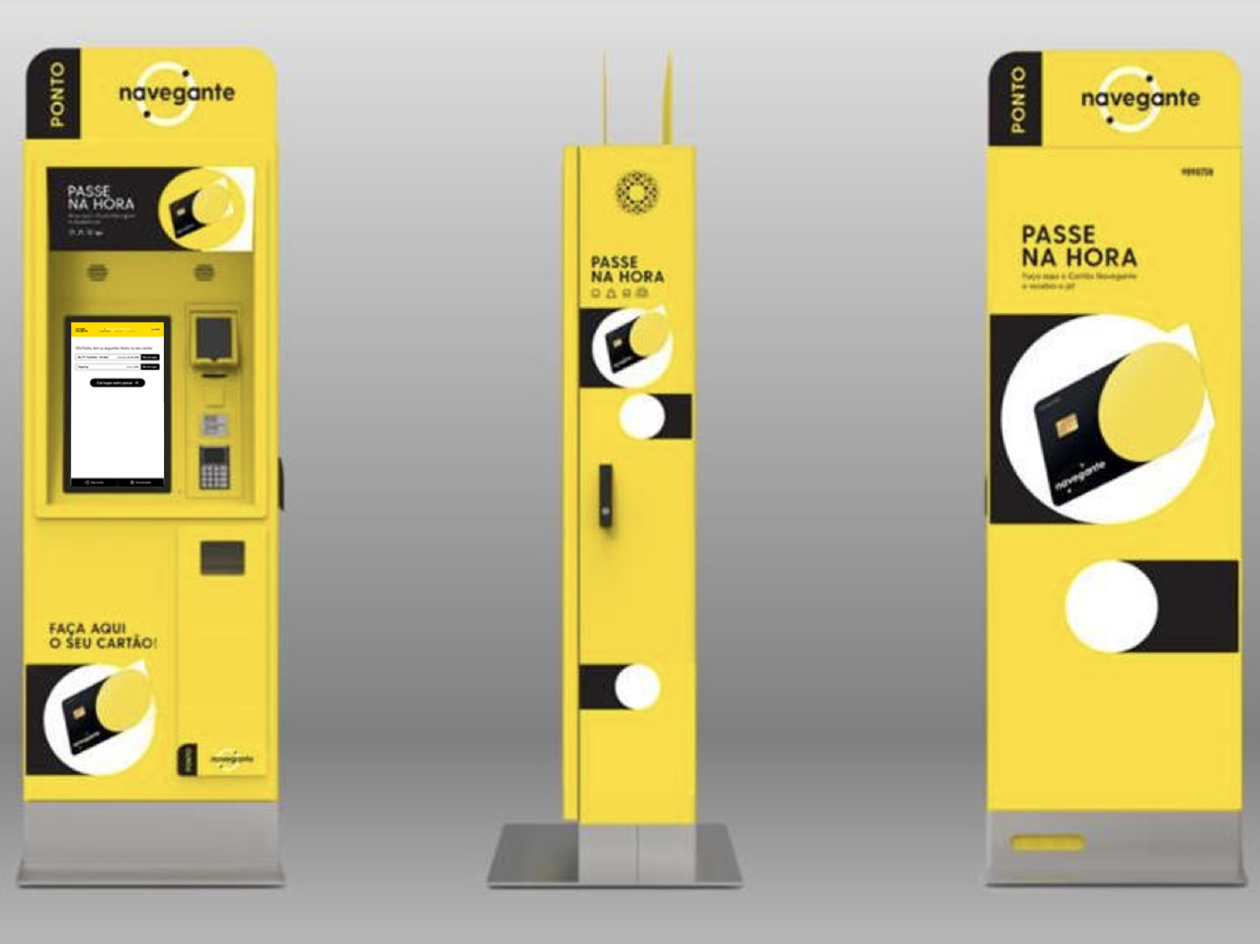
Providing better options to customers
Time is money. Trading two trips and over one hour waiting in line with a five-minute process has been invaluable to TML’s customers.
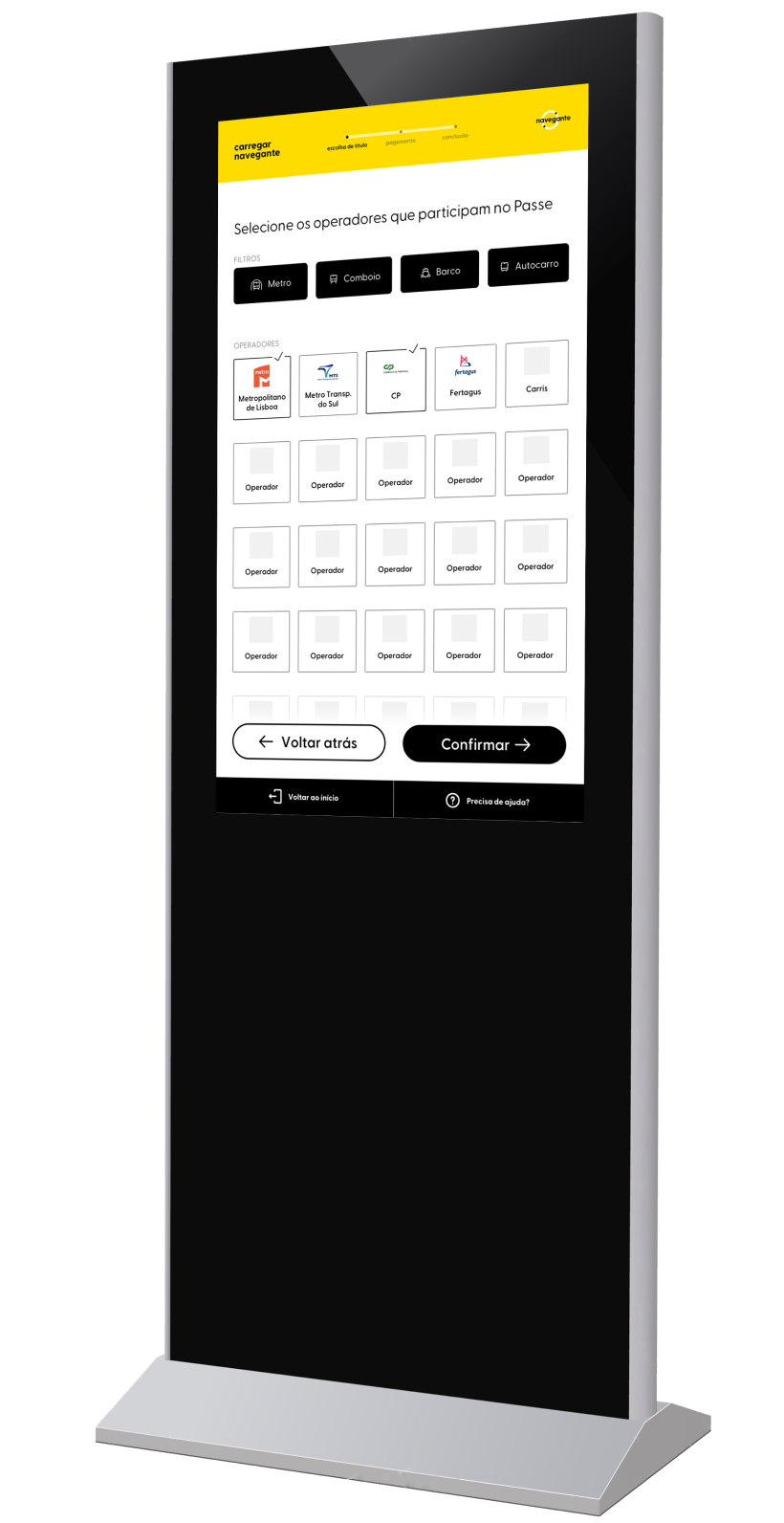
Printed cards per day, per kiosk, peak usage
> 120
Kiosks scattered throughout the Lisbon metropolitan area
22
Development time
1 year
Population served
> 2.2 million
